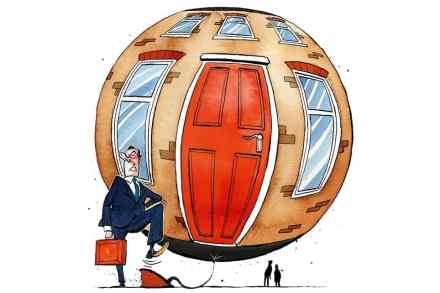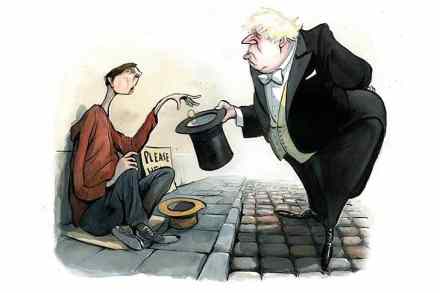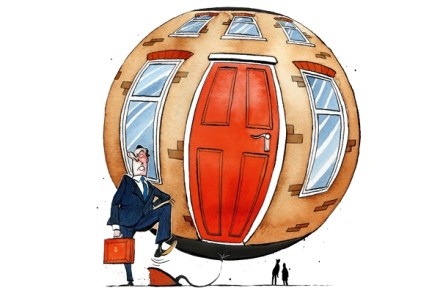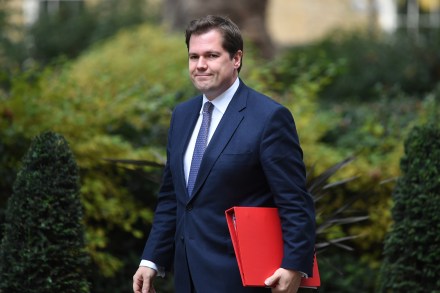A house-hunter’s guide to haggling
Not so long ago buyers were treating house-hunting as a blood sport – price ceiling-shattering bids and gazumping were commonplace everywhere from the Cornish coast to the London suburbs to the Lake District. But six months is a long time in property. Following the debacle of the mini-Budget and amid rising interest rates and soaring living costs, not to mention looming recession, the power balance in the market has firmly shifted. Vendors can no longer sit back and wait for the offers to pour in. Buyers who don’t have to move are increasingly taking a wait-and-see approach. Those still up for a move are determined not to overpay, often hoping





















